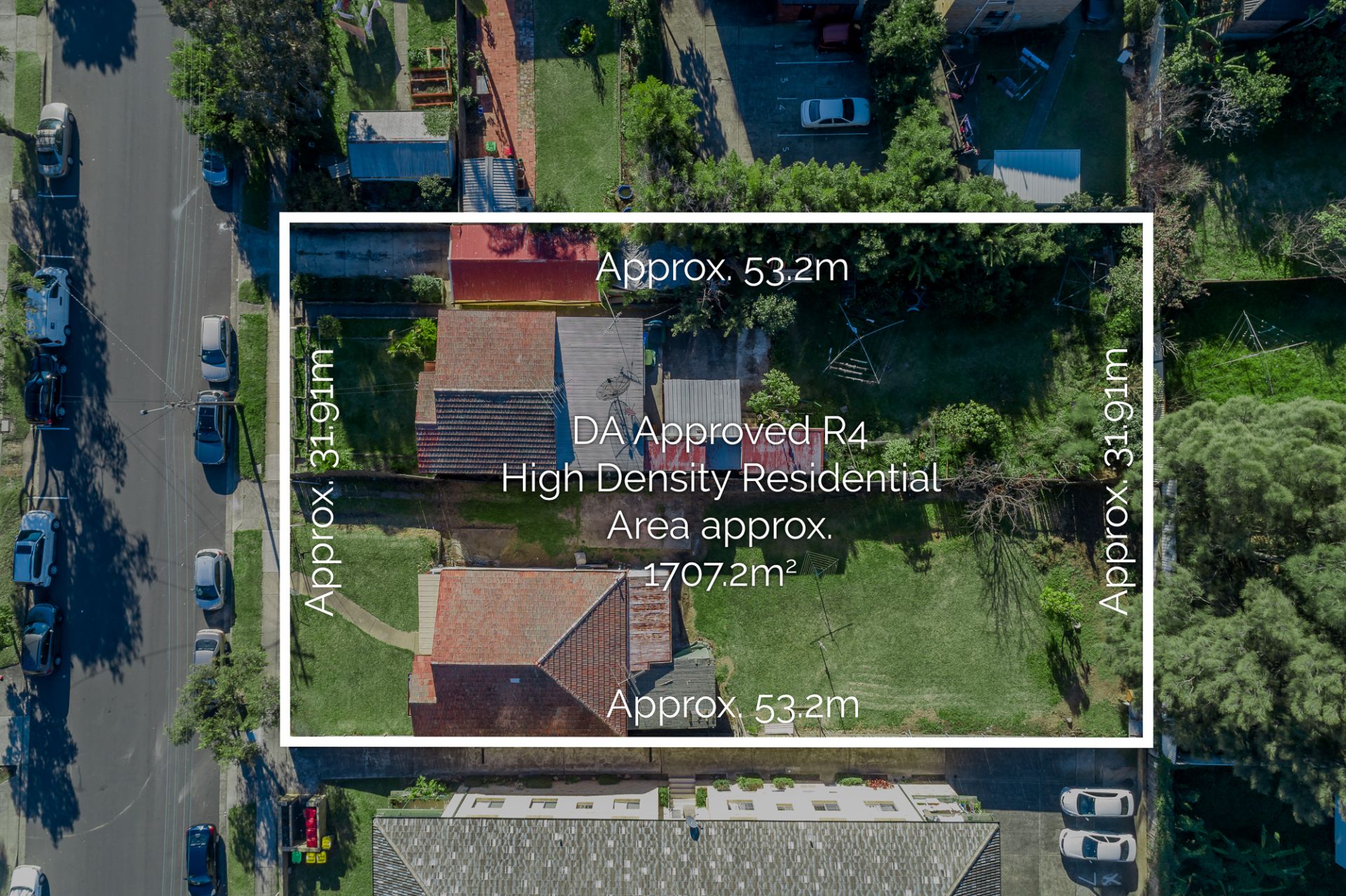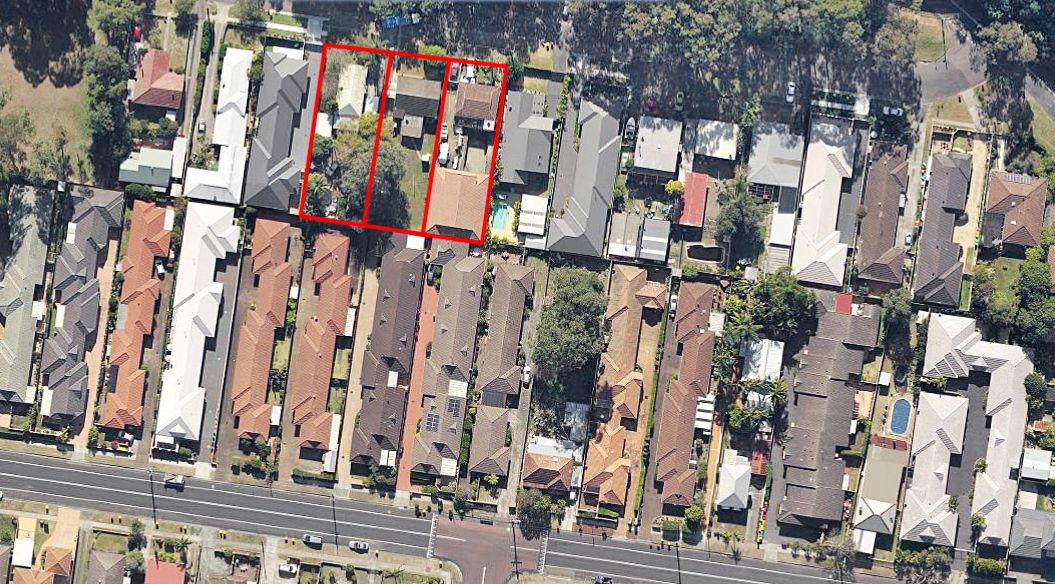
The what, why, and how of property development.
If you have ever thought about developing a property and wanted to know more, then this article is for you.
With three development sites currently available through Stone, we thought we would give you a brief run down on what developing actually involves, and what it takes to be a property developer.

Sitting in a prime position on Queenscliff Headland this property offers dual street frontage, duplex design comprising of 8 bedrooms, development potential and great investment yields – 57 Queenscliff Road, Queenscliff
The what –
Real estate development, or property development, is a business process, encompassing activities that range from the renovation and re-lease of existing buildings to the purchase of raw land and the sale of developed land or parcels to others. Real estate developers are the people and companies who coordinate all of these activities, converting ideas from paper to real property.
Developers buy land, finance real estate deals, build or have builders build projects, create, imagine, control, and orchestrate the process of development from the beginning to end.
The why –
Before starting out as a property developer, you should know exactly why you’re entering the sector. Whether it’s to make money selling after construction or to build properties for generating rental income in the long term, be clear about your goals.
Developers usually take the greatest risk in the creation or renovation of real estate—and receive the greatest rewards.

Land bank, or realise DA approved R4 development opportunity – 2 & 4 Willeroo Street, Lakemba
The how –
- Research suburbs with good growth potential due to improvements to infrastructure, public transport, schools and amenities.
- Familiarise yourself with the council’s development control plan to determine what developments are possible.
- Identify undervalued properties that have the potential to be subdivided, or for additional dwellings to be built on the block. Discuss your plans with the council to determine if your project is permissible before making an offer on the property.
- Work with an architect, surveyor and town planner to complete the development application and submit it to council. Approval can take several months, so factor this into your timeline.
- Once your application is approved, enlist a reputable builder to complete the project, or alternatively, a real estate agent to help you sell the approved project for a profit.
- If you aren’t selling the completed development, retain the property and use the equity and income to fund your next development.

These 3 properties, R1 zoned, total over 2000 m2 and offer huge development potential. Ettalong Beach, Central Coast
The basics- in a nutshell
01 | Write a property development business plan
02 | Decide on buy-to-let or buy-to-sell
03 | Always consider the rental yield and return-on-investment
04 | Think location, location, location
05 | Don’t rush (do your research)
06 | Make sure your property is fit for purpose
07 | Tailor your developments for your buyers (or renters)
08 | Ensure you have suitable property development finance in place
Do you have what it takes?
Property developers need to be ambitious and driven. Whether your projects are large or small, you’ll be in charge of multiple teams and working with a lot of moving parts, so you’ll need the determination to see complex projects through to completion. Commitment to excellence and tolerance for risk are also important qualities.
You should have strong attention to detail while also being able to stay focused on the longer term picture.
Top property developers are open to learning. Being knowledgeable about topics such as law, housing markets, finance, town planning, and marketing are essential for success in the field.
Please be aware that as with any financial and property decision, always obtain independent, additional advice to ensure you are making the right decision for you and your circumstances.
